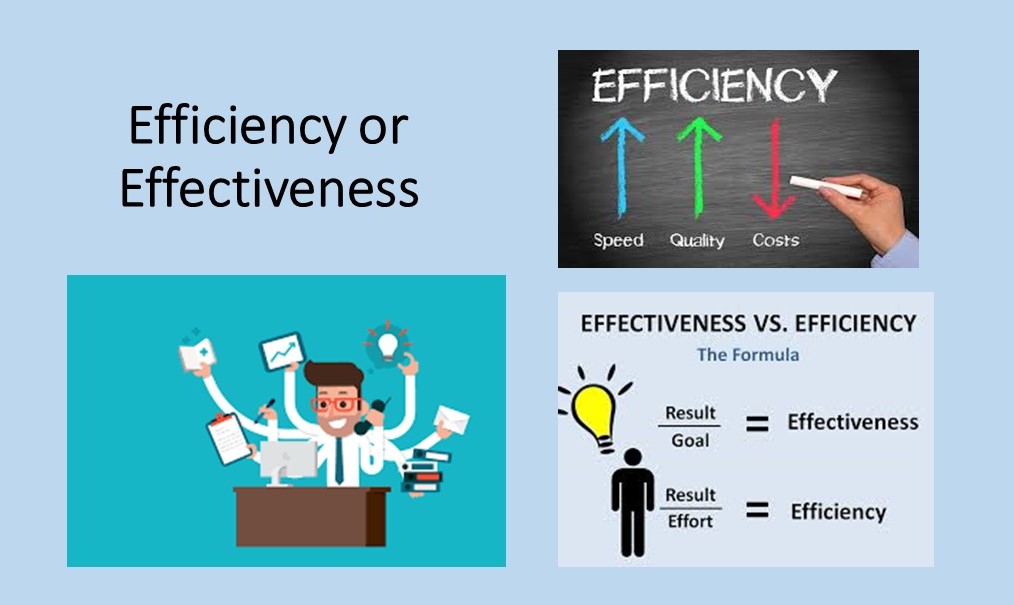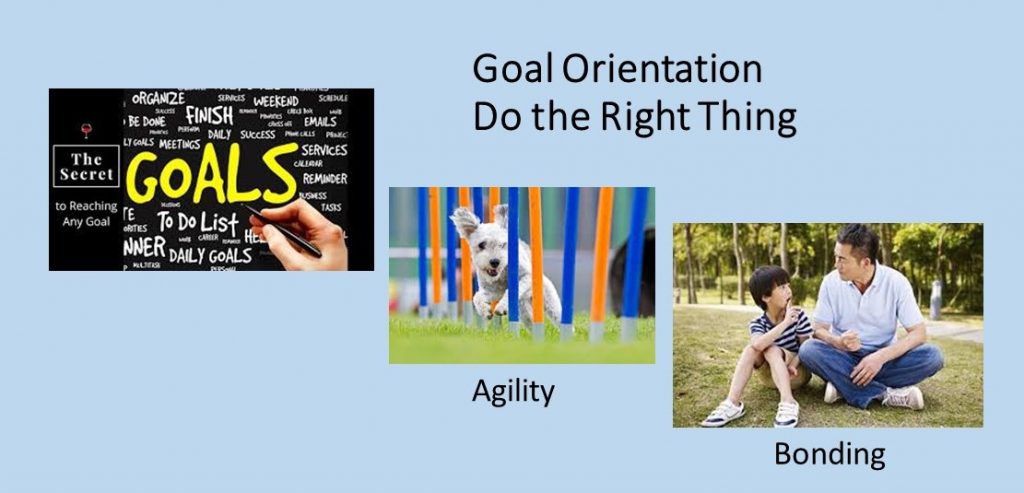
Be Wary of Efficiency | 别掉入“效率”的陷井
– Musings of Dr. Jamie C. Hsu, 1.31.2021
In the modern go-go society, we always seem to be pressed for time. At home, parents rush their kids to finish homework, get dressed for school, and attend a variety of extracurricular activities. At work, we have deadlines for projects, sales calls, and reports. To handle such numerous time constraints, we learn time management skills, and we multitask. We walk while talking on the phone, we text while listening to our kids, we read while eating, and we attend meetings while glancing at the computer. At the end of the day, we breathe a big sigh of relief for completing so many tasks. We think we are so efficient — but are we? Let’s take another look and think carefully.
Do we accomplish the intended goals of all the activities and tasks? Do we understand our kids better and have stronger bonds with them? Do we add value and new ideas to the projects at work? Do we have a positive impact on someone’s life or society?
A simple example comes to mind. In my consulting work, I get to review a lot of reports and listen to a lot of presentations. Almost without exception, the presenters rush through piles of data, charts, and slides, and they are very proud of finishing it all within the allocated time. They focus on time efficiency but fail to see if the intended messages, information, and suggestions are heard or understood by the audience.
Another example is our conversations with kids at home. If we focus on “getting to the point” quickly, we may miss the expression and tone of the kids, and also miss a golden opportunity to enjoy them and know them better.
Be wary of efficiency; overdoing it may diminish your effectiveness. Often, doing things right may not be as important as doing the right things. Please take some time to see if you have achieved the intended goals, or perhaps encountered some pleasant surprises. Efficiency, effectiveness, mindfulness, and spontaneity are all key elements for living our lives fully and richly.


别掉入“效率”的陷井
-作者 許俊宸博士
-中譯 薛乃綺
在現代這個什麼都要快-快的時代,我們似乎總是被時間追著跑。在家裡,父母會催他們的孩子完成作業、趕快穿好衣服上學、並參加各種課外活動。在公司,我們有專案、訂單電話、報告等的截止壓力。為了處理如此眾多有時間限制的事情,我們需要學習時間管理的能力、並且需要能够同时執行多項任務。我們邊走邊講電話、邊聽著孩子說話邊打簡訊、邊吃飯邊看書、邊開會邊用電腦。到了一天結束後,我們大大鬆了一口氣,覺得欣慰自己完成了諸多的工作。我們覺得自己非常有效率,不過真的是如此嗎?我們再仔細回想分析一下。
我們是否完成了所有活動以及任務的預期目標?我們是否有更了解自己的孩子,並且與他們有更緊密的連結?我們是否有為工作項目增加價值、以及贡献了新的想法?我們對於某個人的生活或對社會有正面的影響嗎?
我想到一個簡單的例子。在我的諮詢工作中,檢視過許多報告、也聽過很多簡報。幾乎所有的簡報者都急匆匆地放上成堆的數據、圖表、很多的頁數,並且為自己能在期限內完成簡報而感到自豪。這樣的結果是─雖然顧到了時間效率,卻沒看到觀眾是否能得到所希望知道的消息、資訊分析以及建議。
另外一個例子就是我們在家跟孩子的對話。如果我們專注在”快一点切入事情的重點”,可能就會因此而忽略孩子當時的表情跟語氣;也可能因此錯過千載難逢的好機會去享受跟他們在一起的時光、对他們有更多的了解。
對於”效率”要多加謹慎。過度地強調效率,恐怕適得其反。把事情做對做快,往往不如做正確的事情重要。請花一些時間,檢查一下自己是否已經實現了預期的目標、也或許遇到了一些意想不到的驚喜。我们要记得,效率、效力、正念以及自發性,都是讓我們的生活更圓滿、更豐富的關鍵要素。


